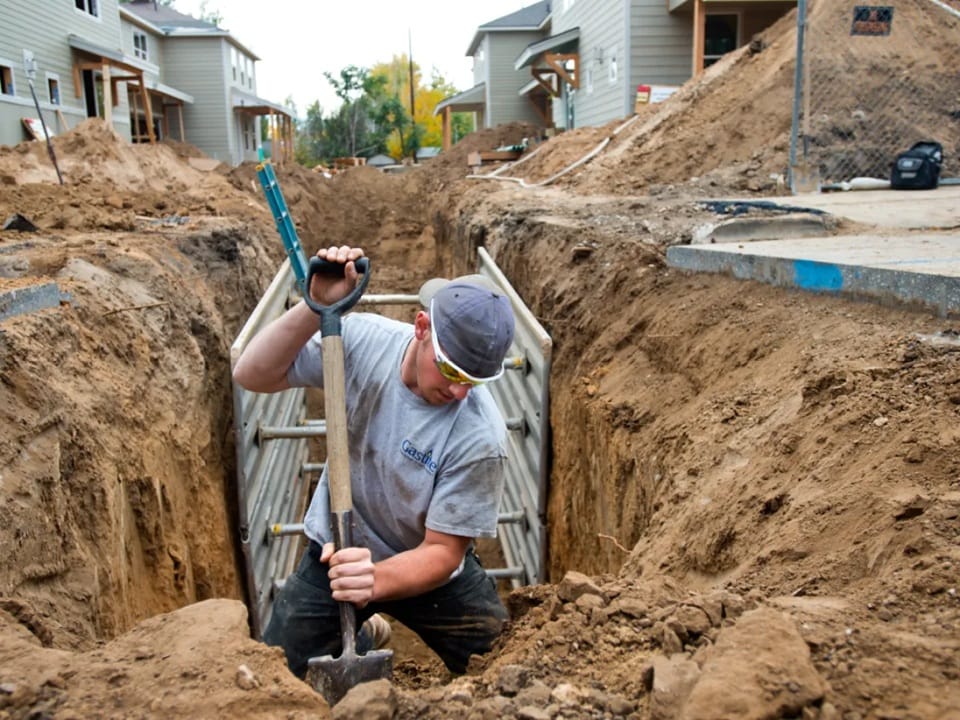The right pipe material can make a huge difference in how well your home’s plumbing system performs, especially in a city like Denver. With its mix of freezing winters, dry summers, and fluctuating temperatures, not all materials hold up equally well. Homeowners need pipes that are durable, corrosion-resistant, and capable of handling pressure changes. Selecting the wrong material can result in leaks, bursts, or costly repairs. Knowing which pipes work best for this climate can save you stress and money in the long run.
The Importance of Choosing the Right Materials
Denver repipe services emphasize the importance of selecting materials that withstand Denver’s unique conditions. Freezing weather can cause poorly insulated or weak pipes to crack or burst. This is why professionals usually recommend materials with strong resistance to extreme temperatures and water pressure.
The right choice also affects long-term maintenance. Some materials are prone to rust or mineral buildup, which is common inissue areas with hard water. A carefully selected material ensures your plumbing system runs efficiently, reducing the risk of expensive repairs or replacements.
Copper Pipes for Long-Lasting Performance
Copper pipes are among the most trusted options for Homes in Denver. They are durable, corrosion-resistant, and can handle both high and low temperatures. Many homeowners appreciate the fact that their pipes can last for decades with proper maintenance.
While copper pipes are a bit more expensive, their reliability makes them worth the investment. They also don’t degrade as quickly as some plastics when exposed to extreme heat or cold. For homeowners seeking a long-term solution, copper remains a top choice.
PEX Pipes for Flexibility and Cost Savings
PEX (cross-linked polyethylene) pipes have gained popularity due to their flexibility and affordability. Unlike rigid materials, PEX can expand slightly during freezing conditions, making it less likely to burst. This benefit becomes especially useful during the chilly winters in Denver.
PEX pipes are also easy to install, which can lower labor costs during a repiping project. They resist corrosion and mineral buildup, making them ideal for homes with hard water. For many homeowners, PEX offers a balance between cost, durability, and convenience.
PVC and CPVC Pipes for Specific Needs
PVC (polyvinyl chloride) and CPVC (chlorinated polyvinyl chloride) pipes are commonly used for specific parts of the plumbing system. CPVC is especially suited for hot water use and performs better than regular PVC. These materials are lightweight and affordable, making them appealing to budget-conscious customers.
However, PVC is not always the best option for cold temperatures, as it can become brittle. CPVC performs better in varying climates but is still less durable than copper or PEX. These pipes are usually used for secondary systems rather than the main water line.
How to Choose the Best Material for Your Needs
When planning a Denver repipe, your choice of material depends on your budget, the type of your home, and the demands of your plumbing setup. Copper offers unmatched durability, while PEX provides flexibility and lower upfront costs. For smaller projects, CPVC can be a good fit.
It’s also essential to consider local building codes and the quality of your water. Working with a trusted plumbing professional ensures you receive best materials for your specific situation. They can evaluate your home and recommend the most reliable solution for long-term performance.
The best pipe material for Denver homes is one that withstands the city’s temperature fluctuations and water quality. Copper remains the most durable option, while PEX offers an affordable and flexible alternative. CPVC is suitable for certain applications but may not be ideal for the main lines. Consulting an expert before starting a repipe project ensures your plumbing system remains strong, efficient, and ready to handle Denver’s climate for years to come.

